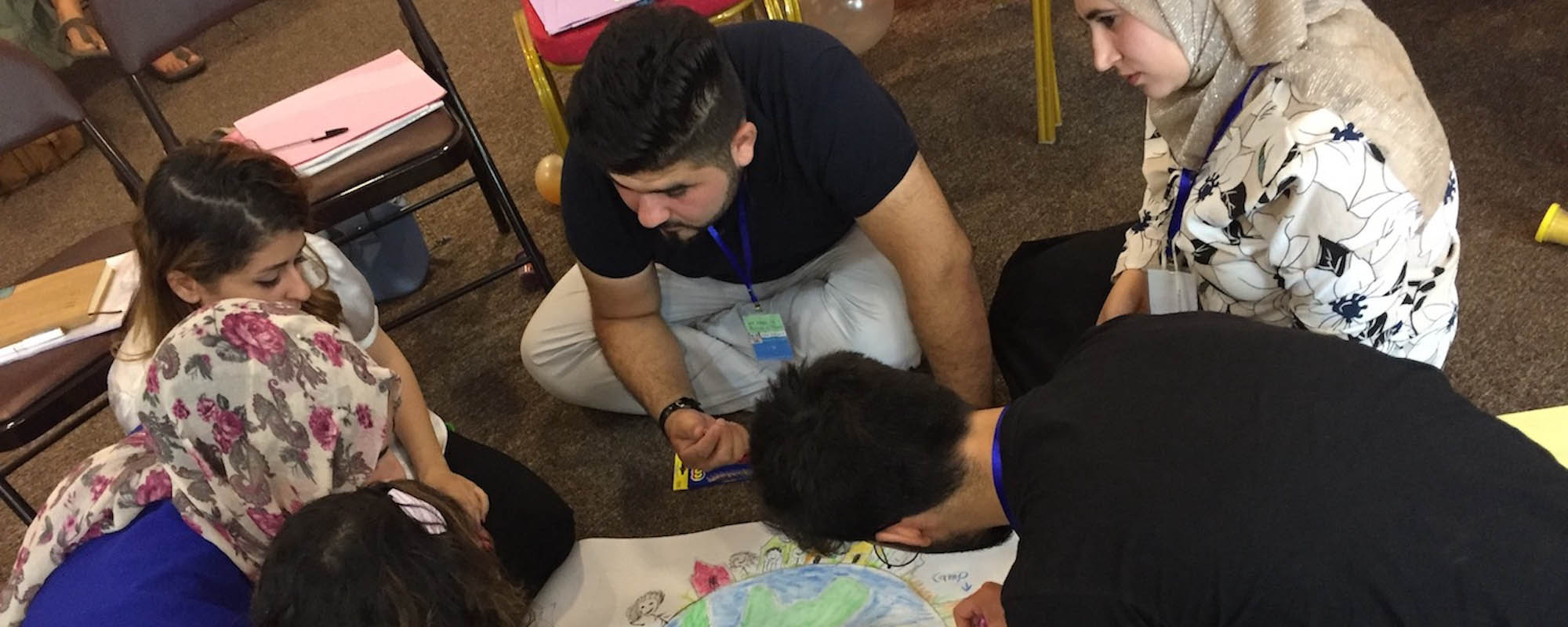Children’s rights are increasingly intersecting with business practices beyond
what has been seen as a narrow focus on exploitive child labour. This chapter will
highlight a number of global child rights business challenges, as well as describe
guidelines that are being developed to guide good business practice and State
obligations in upholding children’s rights. Particular attention will be drawn
to General Comment No. 16 on State obligations regarding the impact of the
business sector on children’s rights, which was adopted by the United Nations
Committee on the Rights of the Child in February 2013. The paper will then
address specifi c Southeast Asian regional challenges to supporting children’s rights
in the context of ASEAN economic integration, with a focus on opportunities to
strengthen human rights business standards for children through Southeast Asian
regional and national human rights mechanisms. The scope of protection a! orded
will be examined in the context of the sexual exploitation of children enabled by
information and communication technology (ICT), as well as by social media.
Chapter published in:
Business and Human Rights in South East Asia
Risk and the Regulatory Turn
Edited by Mahdev Mohan, Singapore Management University and Cynthia Morel, Singapore Management University, Singapore
Series: Routledge Research in Human Rights Law
Business and human rights has emerged as a distinct field within the corporate governance movement. This book draws on the UN Guiding Principles and recent national plans of action, to provide an overview of relevant developments within the ASEAN region. Bridging theory and practice, the editors have positioned this book at the intersection of human rights risk and its regulation. The book sheds light on how stakeholders currently approach business and human rights, and explores how the role of ASEAN States, and that of the institution itself, may be strengthened.






